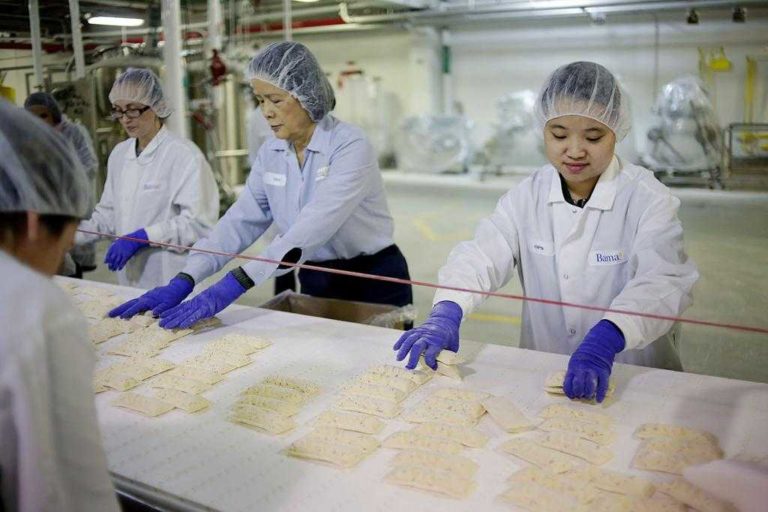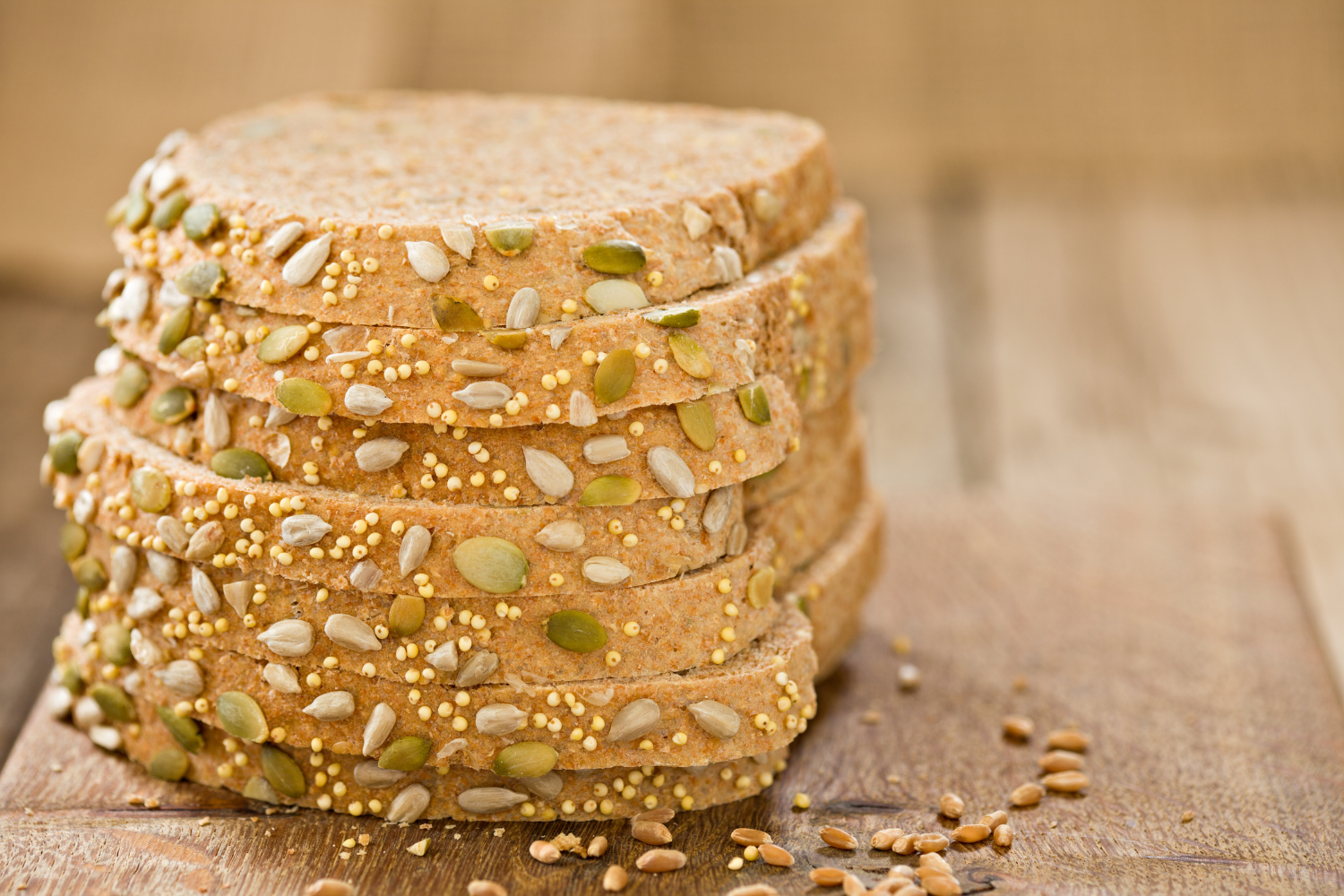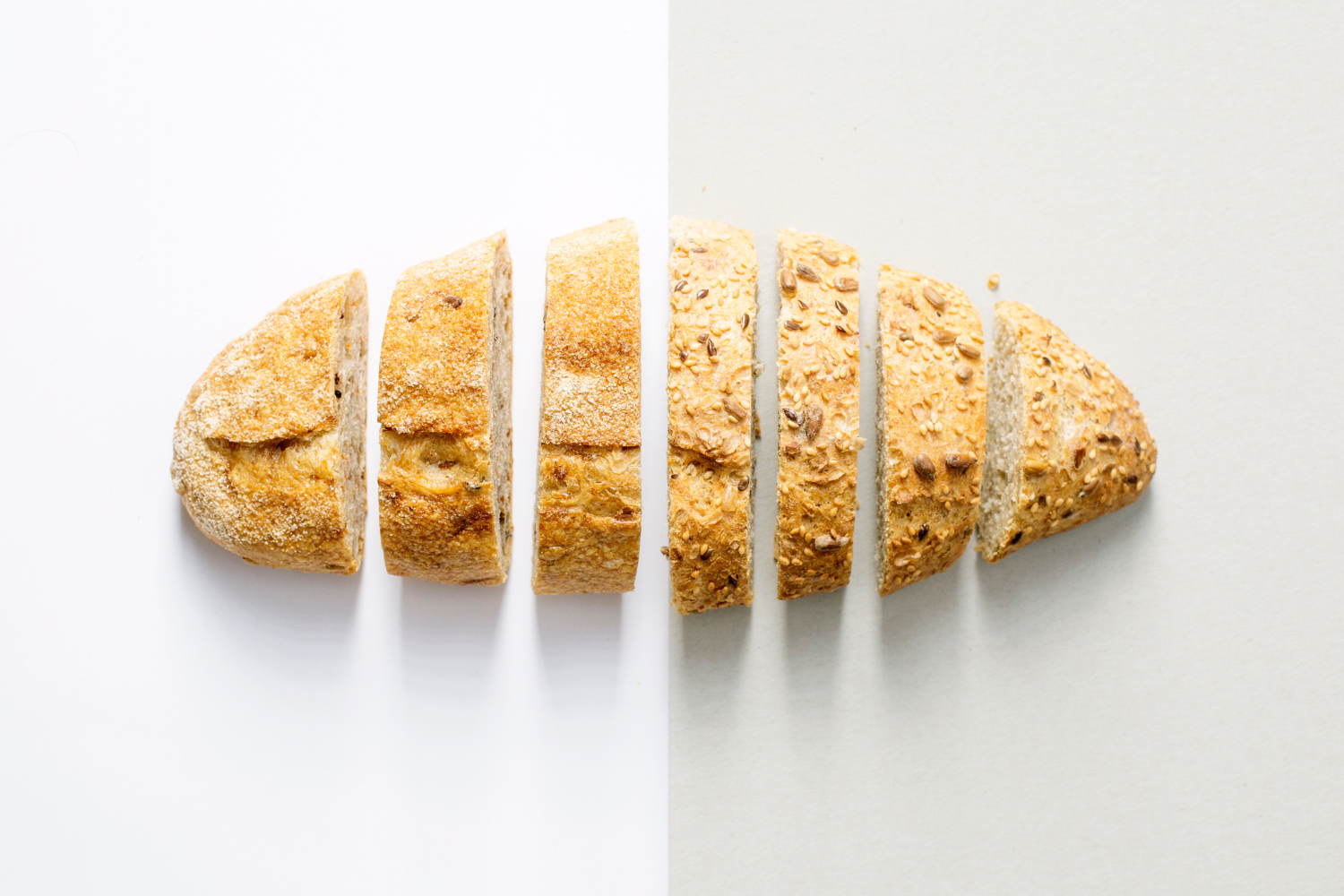The pandemic’s impact on Bama Companies, a global baking firm based in Tulsa, Oklahoma, illuminates many of the challenges facing foodservice operations in the U.S. and other countries.
CEO Paula Marshall and her team have navigated this emergency period by making difficult decisions, staying flexible on strategies, and supporting local communities.
For the majority of Bama’s clients, the onset of the crisis in March seemed immediate and “almost like going off a cliff,” Marshall recalled. “We went from a record year — providing all these great products to all these great companies — to 50% down, 60% down, 70%. And we have been battling through March with furloughs. Our company started out at about a thousand team members, and we've furloughed about 25% of our organization.”
Marshall relayed her story on Bake to the Future, ABA's podcast. She was interviewed by Katie Juhl, ABA’s Director of Communications and Marketing, and Hailey Blumenreich, Marketing and Communications Coordinator.
Crisis Upends Consumption Patterns
Bama is known for producing biscuits, handheld pies, buns, pie shells, and pizza crusts for markets all over the world. While the company supplies some retailers, many of its customers are large chain restaurants, including McDonalds Corp. and Yum Brands, local QSR chains and convenience store companies including QuikTrip and 7-Eleven.
Bama, whose roots date back to the Great Depression, hadn’t seen a crisis like this before. One of the pandemic’s biggest impacts has been the shift in consumer food buying patterns from foodservice to retail. This has particularly impacted Bama’s breakfast products business at foodservice outlets.
“We provide a lot of products for the breakfast daypart,” Marshall said. “In our organization, we’ve seen 70% drops in breakfast. That is starting to come back, but think about the patterns in homes and what people are doing. They are getting up a little later. They’re not going out for breakfast right now. Most everyone is now eating breakfast at home.”
Heartbreaking Decisions on Employment
The crisis forced company leaders to make unprecedented decisions, including on facility closures and about 250 furloughs.
“This experience has been kind of life-shattering for a lot of people,” she said, referring to the furloughed employees. “I've worked with almost all of them. And, I think the saddest thing is that no one did anything wrong. No one caused this. My folks were working hard every day, producing record numbers of sales. And to see their faces when we had to furlough them was so devastating. That is just something I won't forget.”
International Picture Highly Varied
As the CEO of a global company, Marshall has a unique view of business impacts in different countries. Bama’s manufacturing operations in Poland were hit by quick and widespread shutdowns in that country. However, the Polish government actually paid Bama to keep its workers on payroll.
The United Kingdom, where Bama also operates production facilities, was slower to shut down its economy. When it did, the sweeping closures included not only restaurants, but also restaurant pickups and deliveries. That situation caused “unbelievable turmoil,” she said.
Embracing Good Works Mission
Much of Bama’s focus during this pandemic has been on helping support local communities. Bama has long emphasized positive business missions, and became a certified B Corporation in 2017 to help further those aims. The company co-founded Food on the Move, a mobile food initiative to combat hunger in Tulsa and Oklahoma. The initiative’s founder is musician Taylor Hanson of the Tulsa-based pop rock band Hanson.
Bama has accelerated its local anti-hunger efforts during this pandemic, helping to deliver from 6,000 to 12,000 meals a day for people in need. Many of the company’s furloughed employees have voluntarily participated in those delivery efforts.
Eyeing Light at End of the Tunnel
Marshall said she senses that life and consumption patterns are beginning to return to a semblance of normality in the U.S.
Restaurants with existing pickup and delivery capabilities are likely to see the quickest rebounds, she said, citing the example of pizza.
“Pizza is a food that has been historically delivered to your home,” she said. “So that’s starting to help the QSRs that have delivery.”
Anticipating New Future Behaviors
Marshall said the crisis will lead to enduring changes, and she hopes people will value their own health more than ever. She has been a longtime champion of bringing health and wellness programs to employees, including through education.
“There's nothing to take the place of being a healthy person when there's some kind of viral activity,” she said. “Healthy people can fight this off, and some of them don't even know they have it. And it goes back to how do you love yourself? Do you eat right? Do you exercise? Do you get the proper amount of sleep? Do you take care of yourself mentally and physically?”
More Bake to the Future
During the Coronavirus pandemic, Bake to the Future has been featuring in-depth conversations about the impact on the baking sector from industry leaders and the most up-to-date information from our experts at ABA.
- Listen to and read about Episode #7 with Cyrille Filott about consumer behavior during and after this crisis.
- Listen to and read about Episode #8 with Bill Paterakis about leading a baking company during this crisis.






